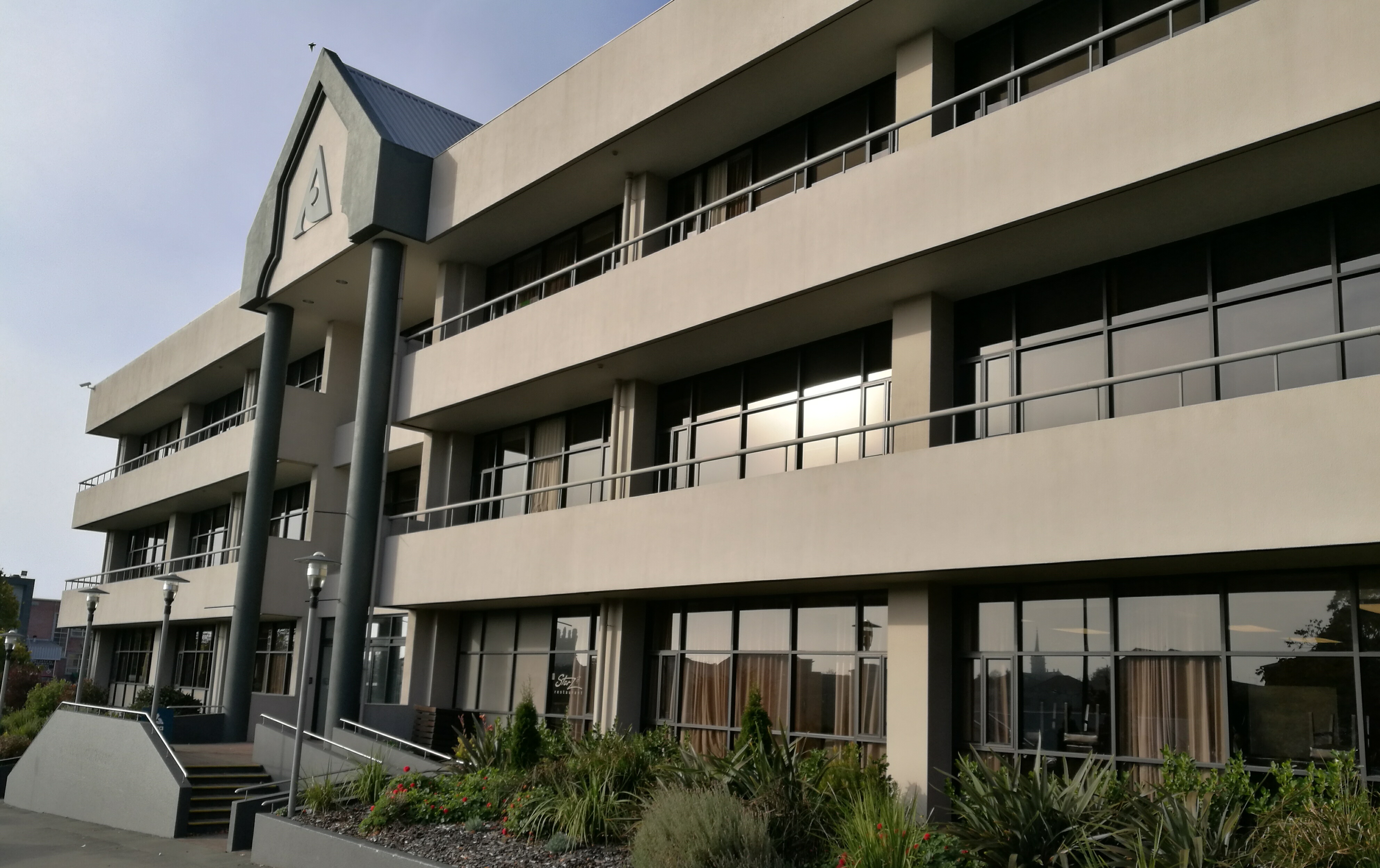
Ara announced last week it was looking at restructuring primary industries programmes to align with industry demands.
Federated Farmers provincial president Mark Adams said the announcement was concerning, particularly after he heard Ara had ''engaged'' with those affected.
''They may say they've consulted, but I don't know with whom,'' he said.
''I've not been involved in any of those conversations.''
He still hoped some sort of resolution was possible.
''We need to get in the same room and start focusing on what we have in common [and] what we need.''
Ara chief executive Kay Giles said it was disappointing the Tertiary Education Union had chosen to portray the review as a ''betrayal of Timaru'', as it did not accurately reflect the facts of the review consultation document.
''It is our responsibility to the Timaru community and the primary industries sector to adjust the portfolio to offer the right programmes for the needs of employers. There has been very little demand for the particular programmes that are under review, so we need to put our energy where there will be much more value for the primary sector.''
Mr Adams said there was still a need for Primary Industry courses in the district, particularly for people who wanted to get into the industry but had no prior experience.
''People have made comment farmers are prepared to employ unskilled staff and train them on site, and that's so wrong.
''We'll always prefer to employ skilled staff, but expect ... staff to engage with higher learning,'' he said.
''It's probably one of the largest inhibitors of business growth - not being able to access skilled workers.''
He believed Ara was able to offer ''short, high-impact courses'', something that would set it apart from other tertiary providers, which were more focused on providing longer-term courses.
Courses could be offered over a few days or weeks covering topics such as chainsaw safety and pasture management, he said.
The fact there had been ''very little uptake'' of current courses suggested they had not been pitched correctly.
''Somewhere ... their message has been lost and they haven't been able to communicate with us.
''There's still a need.''
Aoraki Development chief executive Nigel Davenport said the potential loss of Ara's Primary Industry courses was a concern, along with the possible staff cuts that could come with it.
''We hope every avenue is explored before any decision is made, but we are taking the matter up with Ara council,'' he said.
- By Alexia Johnston

